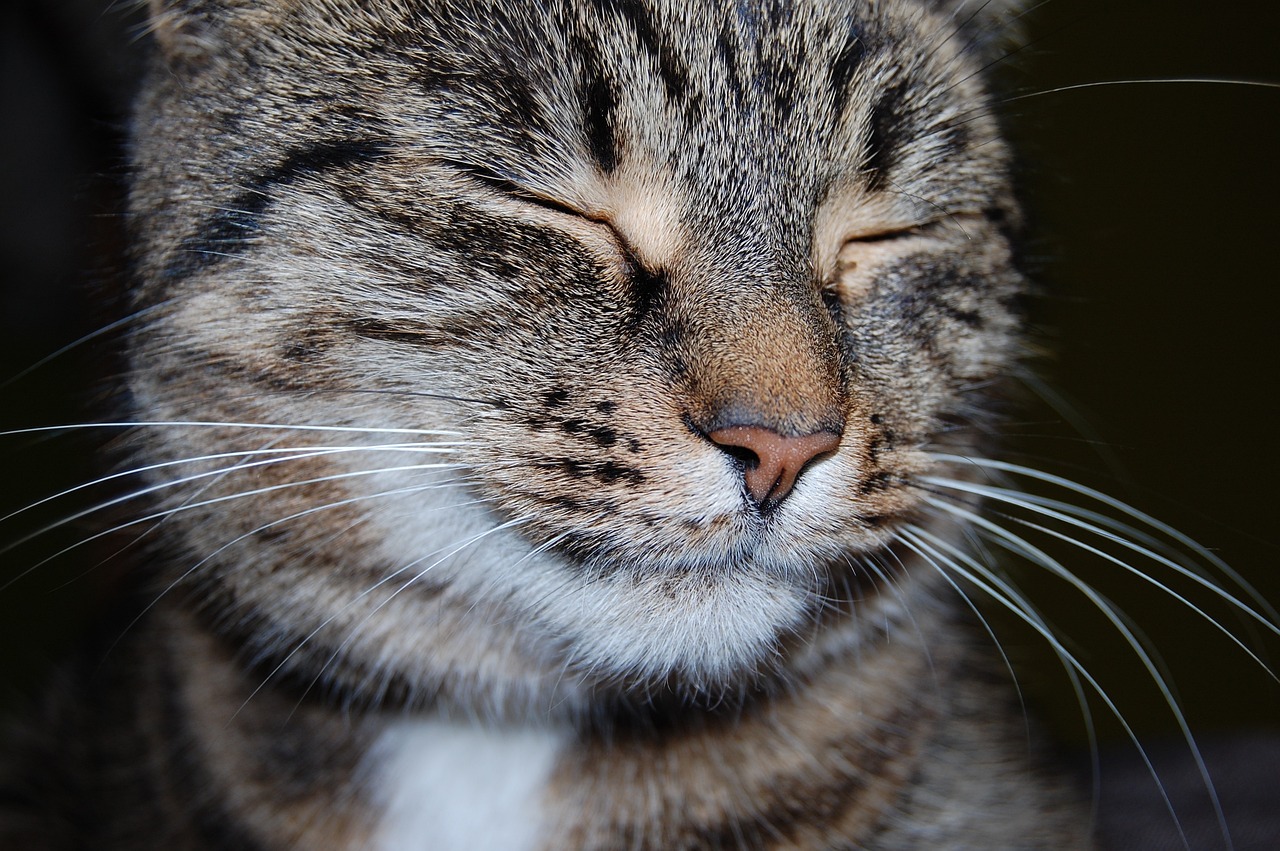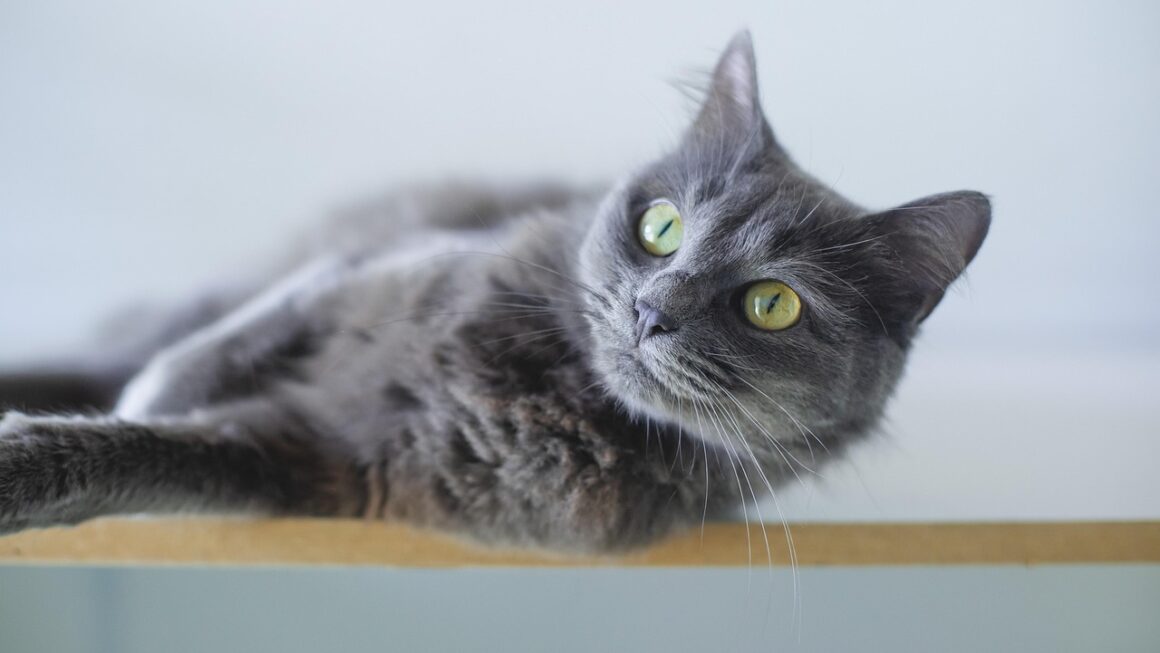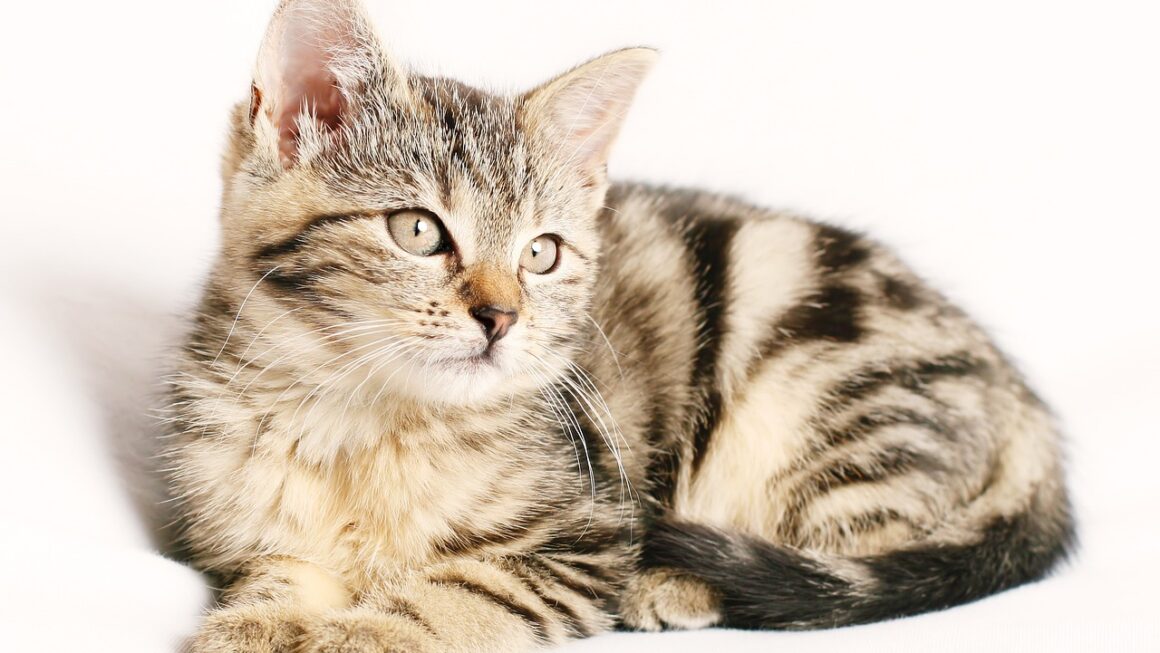Are you worried your feline friend isn’t getting all the nutrients they need, even with a high-quality cat food? Many cat owners are turning to supplements to boost their cat’s overall health, address specific concerns, and even prevent future problems. But with so many options available, navigating the world of cat supplements can feel overwhelming. This guide will break down everything you need to know about cat supplements, from choosing the right ones to understanding potential benefits and risks.
Why Consider Cat Supplements?
Cats, even those on seemingly balanced diets, can sometimes benefit from supplemental support. Factors like age, breed, health conditions, and lifestyle can all influence their nutritional needs. Supplements can help bridge the gap and address specific deficiencies.
Addressing Specific Health Concerns
Supplements can be particularly helpful in managing or preventing certain health issues.
- Joint Health: Glucosamine and chondroitin are popular supplements for cats with arthritis or joint pain. They help support cartilage health and reduce inflammation. For example, a study published in the Journal of Veterinary Internal Medicine showed that glucosamine and chondroitin supplementation improved mobility in cats with osteoarthritis. A practical example is adding a joint supplement powder to your senior cat’s wet food daily.
- Digestive Health: Probiotics and prebiotics can promote a healthy gut microbiome, improving digestion and nutrient absorption. Cats with sensitive stomachs, IBD, or those who have recently been on antibiotics can especially benefit. Look for cat-specific probiotic formulations containing strains like Enterococcus faecium or Bifidobacterium animalis.
- Skin and Coat Health: Omega-3 fatty acids (EPA and DHA) can improve skin health and coat shine, reduce itching, and alleviate allergy symptoms. Fish oil, flaxseed oil, and algae-based supplements are excellent sources. Many owners see noticeable improvements in their cat’s coat after a few weeks of consistent omega-3 supplementation.
Supporting Overall Wellness
Beyond addressing specific issues, some supplements contribute to overall health and well-being.
- Multivitamins: While a good quality cat food provides essential vitamins and minerals, a multivitamin can provide an extra boost, especially for older cats or those with compromised immune systems. Ensure the multivitamin is formulated specifically for cats, as human vitamins can be toxic.
- L-Lysine: This amino acid is often used to help manage feline herpesvirus (FHV-1) infections, a common cause of upper respiratory infections in cats. L-Lysine can help reduce the severity and frequency of outbreaks.
- Antioxidants: Supplements like vitamin E and coenzyme Q10 (CoQ10) can help protect cells from damage caused by free radicals, supporting overall health and potentially slowing down the aging process.
Choosing the Right Supplements
Selecting the right supplements requires careful consideration and often consultation with your veterinarian.
Consulting Your Veterinarian
Before starting any supplement regimen, it’s crucial to talk to your veterinarian. They can help determine if your cat actually needs supplements, recommend specific products, and advise on appropriate dosages. They can also rule out underlying medical conditions that may be causing your cat’s symptoms.
Understanding Ingredients and Dosages
Carefully read the labels of any supplement you’re considering. Look for:
- Clear Ingredient List: Avoid supplements with vague or proprietary blends. You want to know exactly what you’re giving your cat.
- Guaranteed Analysis: This provides information about the levels of active ingredients.
- Dosage Instructions: Follow the recommended dosage carefully. Never exceed the recommended dose without veterinary guidance. Too much of certain supplements can be harmful.
Choosing Reputable Brands
Not all supplements are created equal. Opt for brands that:
- Have undergone third-party testing: This ensures the supplement contains what it claims and is free from contaminants. Look for labels indicating testing by organizations like the NSF or USP.
- Have positive reviews: Research the brand and read reviews from other cat owners.
- Are recommended by veterinarians: Veterinarian-recommended products often have a higher standard of quality and efficacy.
Administering Supplements to Your Cat
Getting your cat to take supplements can sometimes be a challenge!
Hiding Supplements in Food
This is often the easiest method.
- Wet Food: Mix powdered or liquid supplements into a small amount of wet food. Most cats find wet food more palatable and are less likely to detect the supplement.
- Treats: Some supplements come in treat form, making administration much easier.
Using a Pill Pocket or Pill Dispenser
If your cat is resistant to taking pills, consider using a pill pocket, which is a flavored treat designed to conceal medication. Alternatively, you can use a pill dispenser, a small device that helps you safely and quickly administer pills.
Compounding
If your cat is extremely picky, your veterinarian may be able to prescribe compounded medications, which can be flavored to make them more palatable.
Potential Risks and Side Effects
While supplements can be beneficial, it’s important to be aware of potential risks.
Over-Supplementation
Giving your cat too much of certain supplements can lead to health problems. For instance, excessive vitamin A can cause bone abnormalities, and too much vitamin D can lead to calcium deposits in the organs.
Drug Interactions
Supplements can interact with certain medications. Always inform your veterinarian about all the supplements your cat is taking to avoid potential drug interactions.
Allergic Reactions
Some cats may be allergic to certain ingredients in supplements. Watch for signs of an allergic reaction, such as itching, hives, swelling, or difficulty breathing. If you suspect your cat is having an allergic reaction, discontinue the supplement and contact your veterinarian immediately.
Conclusion
Cat supplements can be a valuable tool for supporting your feline companion’s health and well-being. By understanding the potential benefits, choosing the right products, and working closely with your veterinarian, you can ensure your cat receives the appropriate nutritional support to thrive. Always prioritize safety and quality when selecting supplements, and remember that a balanced diet and regular veterinary care are the foundations of a healthy cat.




